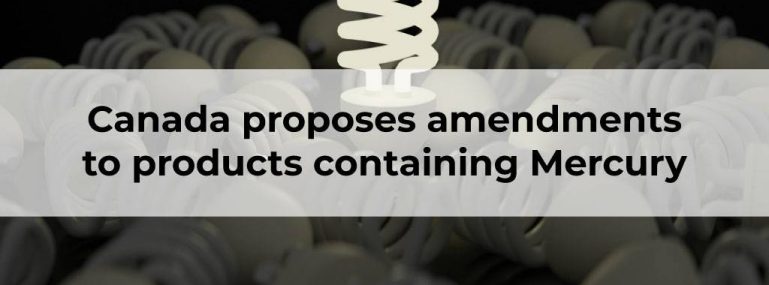Canada is proposing amendments for mercury-containing products to be fully compliant with the Minamata Convention. Mercury is a toxic heavy metal that can have serious health consequences, especially for children and pregnant women. In spite of its known dangers, mercury is still used in some consumer products like light bulbs, batteries, and cosmetics. The Canadian government has proposed amendments to regulate mercury use in consumer products for the protection of its citizens and the environment.
Compact fluorescent lamps (CFLs) are the most common type of mercury-containing fluorescent lamp for use in homes. Some types of outdoor lighting also contain mercury. Although safe to use, breaking the lamp can release mercury and contaminate the environment. It is critical to handle and recycle these lamps safely.
Every year, 200 to 400 kg of mercury are released into the environment from lamps that are dumped in landfills. In 2017, 34% of Canadian households reported throwing CFLs directly into the trash.
The Minamata Convention addresses all aspects of mercury, including the life cycle, requiring controls and reductions in a wide range of industries and products such as lamps.
The changes would lower the mercury content limit currently allowed for direct fluorescent lamps for general lighting purposes, cold cathode fluorescent lamps and external electrode fluorescent lamps.
For example, the mercury content limit for cold cathode fluorescent lamps of 1.5 m or less would be reduced from 10 mg per lamp to 3.5 mg per lamp. Most light bulbs for general lighting purposes will be banned from 1 January 2024.
From January 1, 2029, high-pressure sodium discharge lamps for general lighting purposes will be banned.
In a constantly evolving regulatory environment, our team of experts provides advisory services and knowledge of upcoming regulations, ensuring your business remains compliant. Let ComplianceXL guide you through the changing regulations, so you don’t get caught off guard. Talk to one of our global compliance specialists today!





